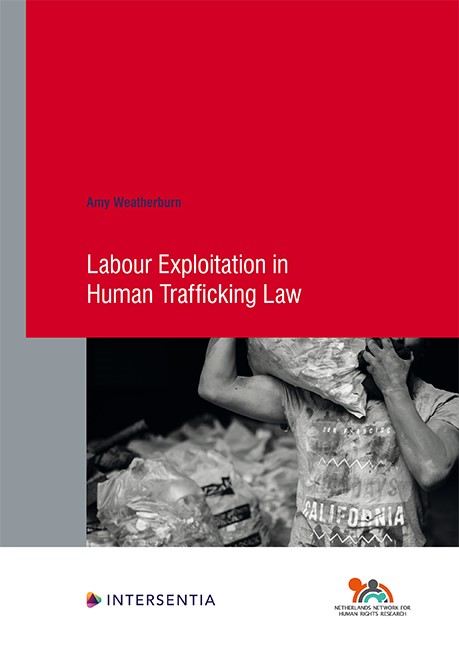Book contents
- Frontmatter
- Foreword
- Contents
- List of Abbreviations
- List of Tables
- Introduction
- PART I Exploitation in Political Theory
- PART II Labour Exploitation in Law
- PART III Labour Exploitation In The Criminal Law Of Belgium And England And Wales
- PART IV Conceptualising Labour Exploitation In Human Trafficking Law
- Conclusion
- Annex 1 List of Cases Accessed in Belgium and England and Wales
- Annex 2 Nationality of Victims and Civil Parties
- Bibliography
- Human Rights Research Series
- Frontmatter
- Foreword
- Contents
- List of Abbreviations
- List of Tables
- Introduction
- PART I Exploitation in Political Theory
- PART II Labour Exploitation in Law
- PART III Labour Exploitation In The Criminal Law Of Belgium And England And Wales
- PART IV Conceptualising Labour Exploitation In Human Trafficking Law
- Conclusion
- Annex 1 List of Cases Accessed in Belgium and England and Wales
- Annex 2 Nationality of Victims and Civil Parties
- Bibliography
- Human Rights Research Series
Summary
In recent decades, there has been much focus on human trafficking in law, policy and academia with a significant achievement being the promulgation of an internationally agreed definition in Article 3(a) of the 2000 Protocol to Prevent, Suppress and Punish Trafficking in Persons Especially Women and Children, supplementing the United Nations Convention against Transnational Organized Crime (hereinafter: “the Palermo Protocol”). The Palermo Protocol defines the international crime of human trafficking as:
Trafficking in persons shall mean the recruitment, transportation, transfer, harbouring or receipt of persons, by means of the threat or use of force or other forms of coercion, of abduction, of fraud, of deception, of the abuse of power or of a position of vulnerability or of the giving or receiving of payments or benefits to achieve the consent of a person having control over another person, for the purpose of exploitation. Exploitation shall include, at a minimum, the exploitation of the prostitution of others or other forms of sexual exploitation, forced labour or services, slavery or practices similar to slavery, servitude or the removal of organs. [emphasis added]
The definition of human trafficking consists of three constituent elements, the action, the means and the purpose of exploitation. The emphasis in this book is the third element, the purpose, as the Palermo Protocol fails to define the meaning of the term exploitation. Instead, different forms of exploitation are non-exhaustively listed as the use of a phrase “at a minimum” suggests that there is room for manoeuvre. The adoption of a non-exhaustive and enumerative approach to exploitation in international law results in an undefined concept, wherein ‘the absence of a clear definition of “exploitation” makes it difficult to draw the line between exploitation in terms of violation of labour rights and extreme exploitation amounting to forced labour.’ This book will address this legal lacuna by seeking to better understand the interpretation of the material scope of exploitation in the context of “human trafficking for the purpose of labour exploitation”, wherein the enumerated forms of exploitation include, at a minimum, forced labour or services, slavery or practices similar to slavery, and servitude.
- Type
- Chapter
- Information
- Labour Exploitation in Human Trafficking Law , pp. 1 - 24Publisher: IntersentiaPrint publication year: 2021

